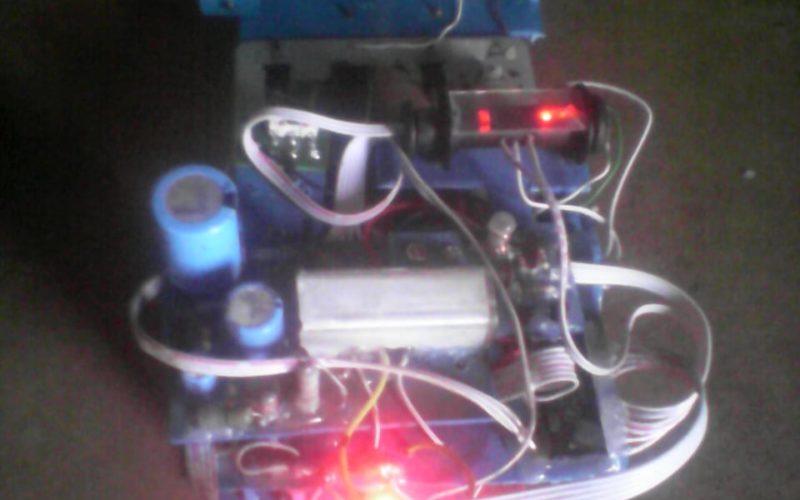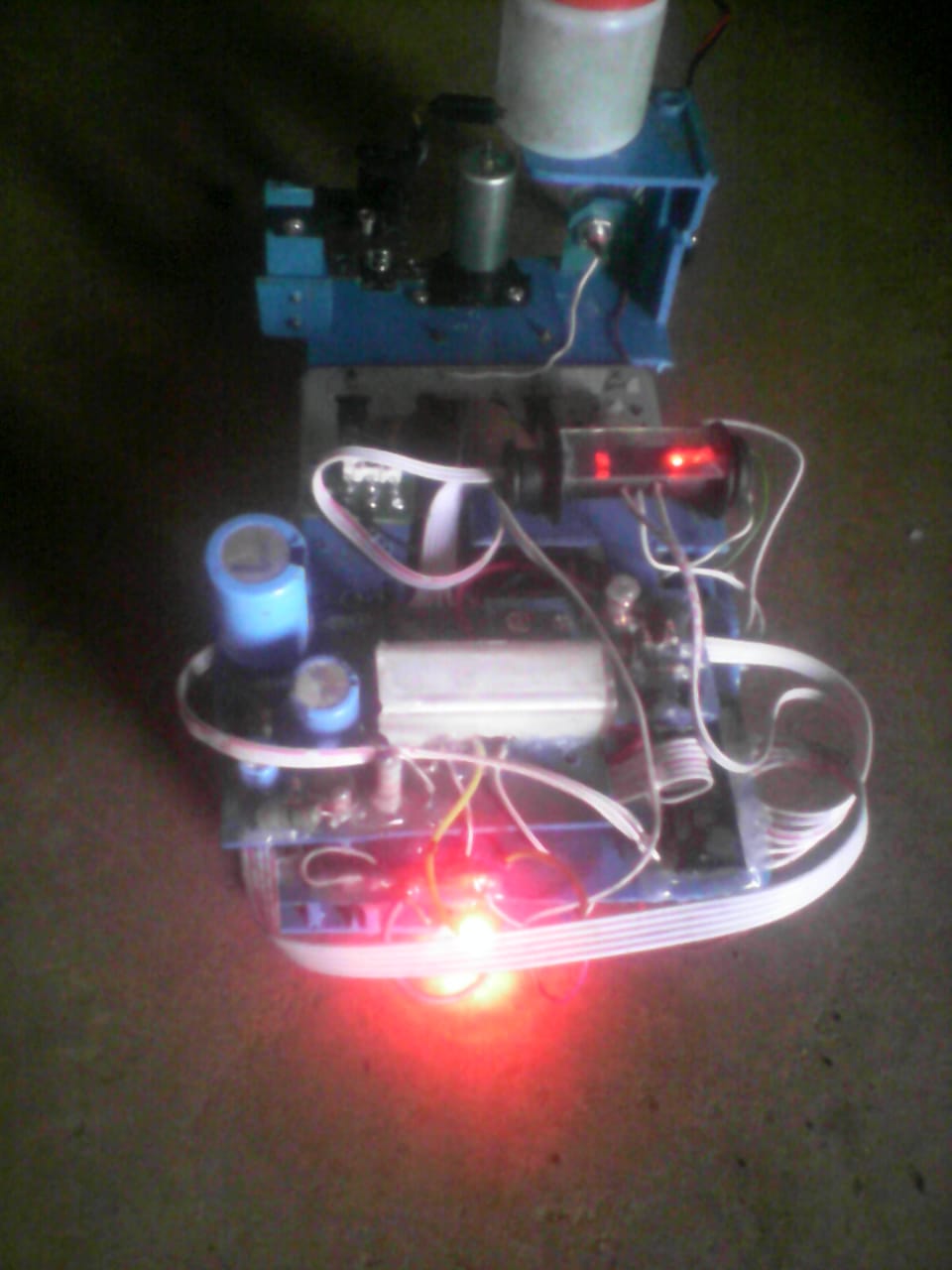Bomet youth makes virus detecting machine
By Milliam Murigi, May 10, 2020Imagine being able to detect in just a few minutes whether a place has been infected with some virus.
This has now become a reality, thanks to a new ultra-sensitive detector that has been developed by Nathan Kirui from Kapngetuny village, Bomet.
The 29 years-old inventor has just completed the first prototype of a machine he calls virus detector and expects to present it to the Ministry of Health for approvals soon.
The idea was born last year following the outbreak of coronavirus in China. However, Kirui started working on it after the country registered its first COVID-19 patient.
This is because the issue of finding a means of detecting quickly and simply whether a place or surface is harboring coronavirus is again very much on the agenda.
“I started developing this machine when I realized that people can catch COVID-19 by touching contaminated surfaces or objects and then touch their eyes, nose or mouth.”

The coronavirus can live for hours to days on surfaces like countertops and doorknobs. How long its survival depends on the material the surface is made from.
“I realized that the government is only concentrating on testing kits for human but no one was thinking of preventing the spread of the virus further. Considering that the virus can survive on different surfaces that is why I decided to come up with the machine which can help to stop further spreading of the virus.”
While the machine has only worked for his home made virus, he says that a little modification can make it detect other viruses that may cause death. His prayer is if the machine is approved other innovators can pick the idea and come up with a machine which can detect a number of viruses.
“For my trials I used viruses made from a mixture of ashes and copper which after reaction formed a virus. The machine was able to spot contaminated areas. If the machine is used it will minimize the amount of disinfectants being used in areas that aren’t contaminated.”
Kirui, who dropped out of an electrical engineering course after one semester due to lack of school fees, uses locally available materials to make the detecting machine. To make the machine he used normal resistor’s, transistors, lenses, bulbs, capacitors and wires.
Kirui used about sh30,000 to come up with this machine and if approved that will be his happiness. The best thing about the machine is that detection takes microseconds, it is portable and when connected to power it moves itself around.
“Detecting various viruses with this device shouldn’t be a major hurdle. Until now, no one has demonstrated a biosensor technique that could be practical for viruses. This machine it has the sensitivity required for early detection.”
